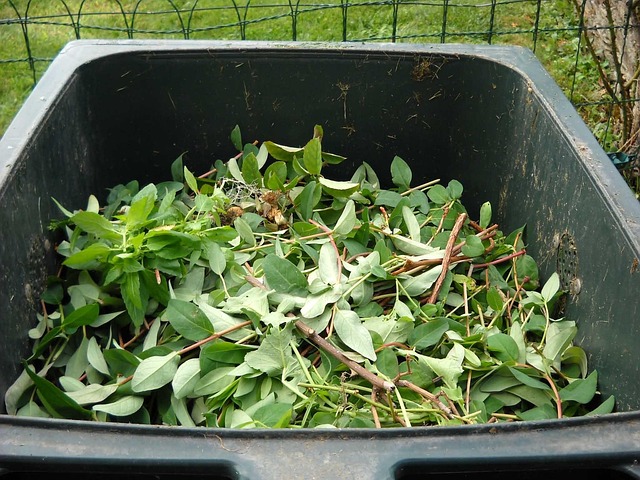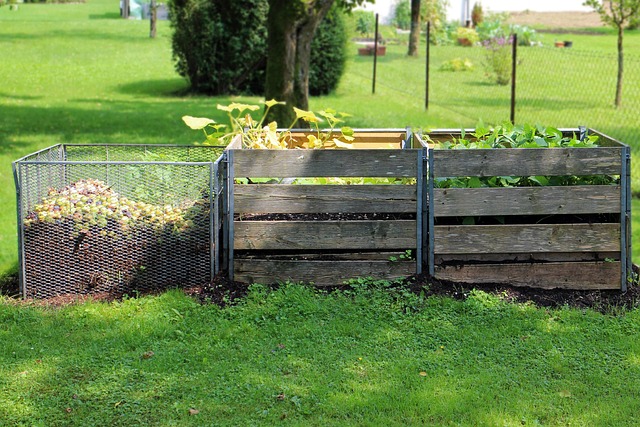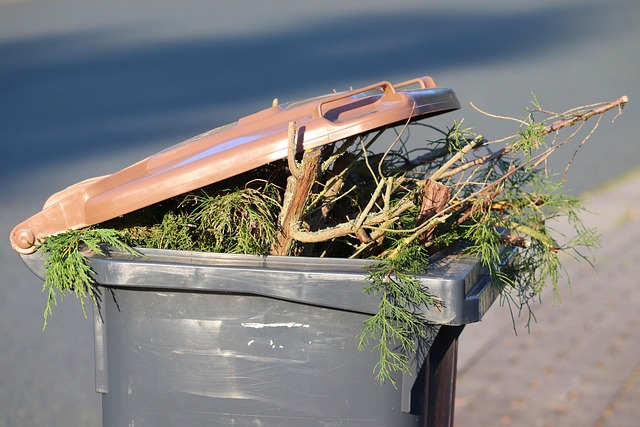Are you looking to make a difference in your garden while also doing your part for the environment? Composting is an excellent way to enrich your soil, reduce waste, and promote a greener lifestyle. Here are 10 eco-friendly composting tips that will help you create a thriving garden and foster a deeper connection with nature.
1. Choose the Right Bin: Start your composting journey by selecting a bin that fits your space and gardening needs. Whether you opt for a traditional compost bin, a tumbling composter, or even a DIY option, make sure it allows for aeration and drainage.
2. Balance Your Greens and Browns: Composting is all about balance. Incorporate nitrogen-rich greens like fruit scraps and vegetable peels with carbon-rich browns like dried leaves and cardboard. This balance is essential for effective decomposition.
3. Chop It Up: The smaller the pieces, the faster they decompose. By chopping or shredding your kitchen scraps and yard waste, you can speed up the composting process, promoting a healthier ecosystem in your garden.
4. Turn It Often: Aeration is crucial for a successful compost pile. Turning your compost every few weeks introduces oxygen, accelerating decomposition and preventing odors. This simple action can make a significant difference in the quality of your compost.
5. Keep It Moist: Your compost should be damp, resembling a well-wrung sponge. Regularly check moisture levels and add water if needed, especially during dry periods. A moist compost pile supports beneficial microorganisms that aid decomposition.
6. Avoid Chemical Additives: Keep your compost eco-friendly by steering clear of chemical fertilizers, pesticides, and herbicides. Stick to organic materials to ensure your compost contributes to a greener garden.
7. Be Patient: Composting is a natural process that takes time. Depending on conditions, it can take months to create high-quality compost. Embrace patience as you watch your organic matter transform into nutrient-rich soil.
8. Use Compostable Materials: Familiarize yourself with what you can compost. Items like coffee grounds, eggshells, and garden clippings are all compostable and help minimize waste. Be sure to avoid meat, dairy, and oils, which can attract pests.
9. Get the Community Involved: Composting can be a community effort! Share tips with neighbors, start a composting club, or even organize a community composting system. Working together fosters camaraderie and contributes to a stronger eco-friendly movement.
10. Use Your Compost Wisely: Once your compost is ready, integrate it into your garden by mixing it into the soil, creating layers in your flower beds, or using it as mulch. This nutrient boost will enhance your plants’ growth while promoting a healthier garden.
By following these composting tips, you can transform your gardening practices, benefiting both your plants and the planet. Embrace the wonderful cycle of nature, and contribute to a greener Earth one compost pile at a time!



